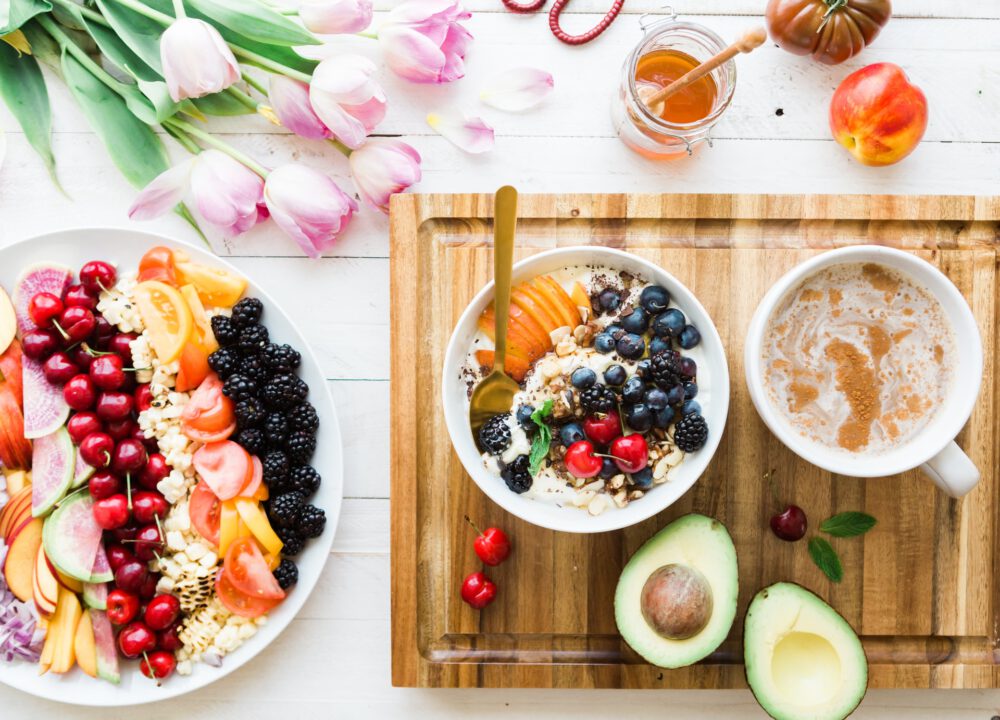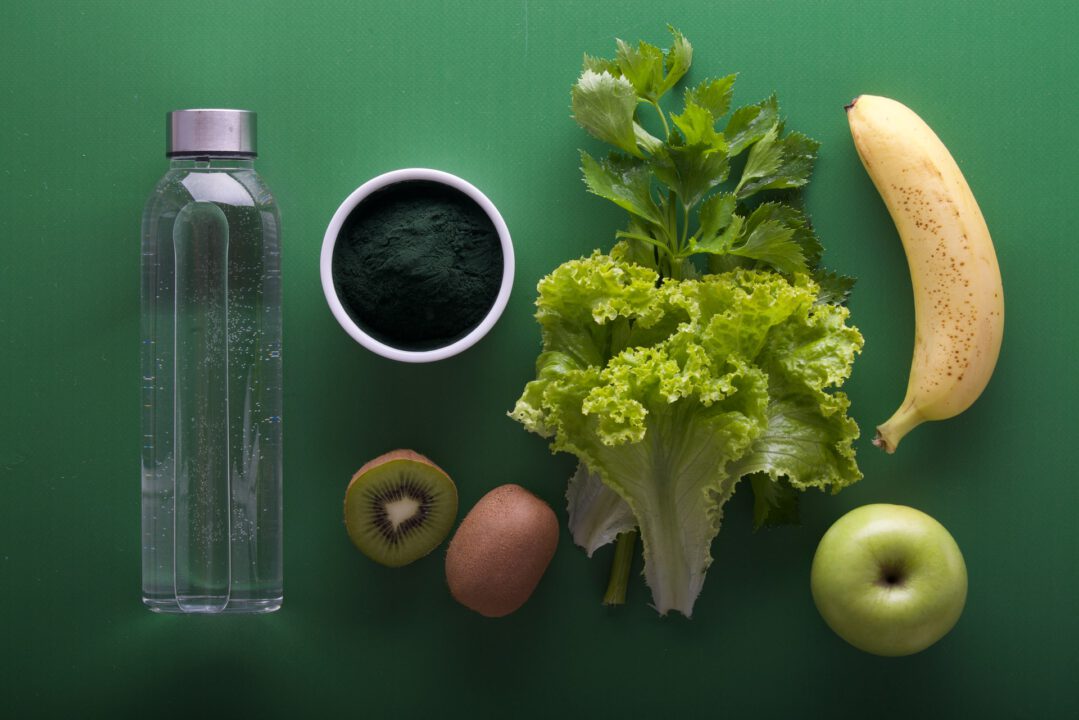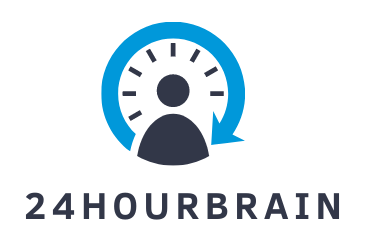Sugary, high-fat foods that we often crave when we’re anxious or depressed may be comforting, but they may be detrimental to our mental health.
What Foods To Eat
When people throughout the world were dealing with increased stress, depression, and anxiety last year, many turned to their favorite “feel-good” foods: ice cream, pastries, pizza, and hamburgers.
However, current research suggests that, as pleasant as high-sugar, high-fat foods are when we’re anxious or depressed, they contribute the least to our mental health. Whole foods such as vegetables, fruits, seafood, eggs, nuts and seeds, beans and legumes, and fermented foods such as yogurt may be preferable.
Findings in Studies
The findings come from a relatively new field of study called nutritional psychiatry. It investigates the connection between food and psychological well-being. The idea that consuming specific foods can improve brain health, similar to heart health, may seem obvious.
However, nutrition research has traditionally concentrated on how the things we eat affect our physical health rather than how they affect our mental health. Food’s potential impact on happiness and mental well-being was long overlooked.
However, a growing corpus of studies has offered fascinating data regarding how diet might impact our mood over the years. A good diet supports a healthy gut, which communicates with the brain via the gut-brain axis.
The gut microbiome produces neurotransmitters such as serotonin and dopamine, which govern our mood and emotions, and this gut microbiome has been related to mental health consequences.
Researchers are finding more and more evidence that the gut microbiome is a key factor in a wide range of psychiatric diseases, including serious depression.
Large population studies have also indicated that people who eat a lot of nutrient-rich meals are happier and have greater levels of psychological well-being.
One such study from 2016 found that people who ate more fruits and vegetables during the study period gave themselves much higher scores on questions about how happy they were and how satisfied they were with their lives.
Large observational studies, on the other hand, can only show correlations and not causality, raising the question: which comes first?
Do anxiety and depression cause people to eat unhealthy foods, or vice versa? Are those who are joyful and optimistic more likely to eat healthy foods? Or does a nutritious diet directly improve their mood?

Relationship Between Diet And Mood
In 2017, the first big study to shed light on the relationship between diet and mood was published. A group of researchers sought to determine if changing one’s diet may help with depression.
So they gathered 67 severely depressed adults and divided them into two groups. One group met with a dietitian who taught them how to eat a Mediterranean diet. The people in the control group met regularly with a research assistant who helped them socially but didn’t give them any nutritional advice.
Both groups consumed a lot of sugary foods, processed meats, and salty snacks at the start of the trial, but very little fiber, lean protein, or fruits and vegetables. However, the diet group made significant adjustments.
They substituted whole foods such as nuts, beans, fruits, and legumes for sweets, fast food, and pastries. They substituted whole grain and sourdough bread for white bread. They avoided sugary cereals in favor of granola and porridge.
They ate vegetarian meals instead of pizza. They also substituted fish and modest amounts of lean meat for highly processed meats like ham, sausage, and bacon.
It’s worth noting that both groups were urged to keep taking their antidepressants or other medications. The study’s purpose was not to determine whether a healthy diet could replace medication, but rather to determine whether it could provide equivalent extra benefits such as exercise, excellent sleep, and other improved lifestyle behaviors.
After 12 weeks, both groups’ average depression scores improved, which was to be expected for anyone who took part in a clinical trial that provided additional care, regardless of which group they were in.
However, depression levels improved significantly more in the group that ate a healthy diet: around one-third of these people were no longer categorized as depressed, compared to only 8% in the control group.
The results were eye-catching for a variety of reasons. Although individuals did not lose weight, the diet had a positive effect on their mental health. Furthermore, the participants saved money by consuming more nutrient-dense foods, demonstrating that a healthy diet might even make financial sense.
This is because the suggested foods are reasonably priced and widely available in most supermarkets. They contained canned beans and lentils, tinned salmon, tuna, and sardines, as well as frozen and fresh veggies.

Food and Other Factors
Mental health is a complicated subject. Eating a salad will not make you happy. However, there are many things you can do to boost your mood and mental health. Increasing your diet of plant-based and other nutritious foods may also be beneficial.
A lot of randomized controlled trials have produced comparable outcomes. Researchers discovered that people who followed a Mediterranean diet with fish oil for three months had larger decreases in symptoms of sadness, stress, and anxiety compared to a control group after three months in a study of 150 adults with depression published last year.
Despite this, most mental health providers have yet to incorporate dietary suggestions into their treatment, in part because experts say more study is needed before they can advocate a specific diet for mental health.
However, public health professionals worldwide have begun to encourage people to adopt habits that lower inflammation and have a favorable influence on the brain, such as greater exercise, healthy sleep, a heart-healthy diet, and quitting smoking. Before prescribing drugs or beginning psychotherapy, physicians are recommended to evaluate food, exercise, and smoking.
Individual professionals are already incorporating nutrition into their patient care. They begin each session with a mental history and an examination of the patient’s nutrition.
They are asked what they consume and what their favorite foods are, which helps determine if foods that may be crucial to the gut-brain connection, such as plant-based foods, nuts, a little dark chocolate, seafood, and fermented foods, are absent from their diet.
These foods boost chemicals such as Brain-Derived Neurotrophic Factor (BDNF), a protein that promotes the formation of new neurons while also protecting existing connections.
They also have a lot of fiber, unsaturated fatty acids, antioxidants, omega-3 fatty acids, and other nutrients that have been shown to improve digestive and metabolic health and reduce inflammation. All of these things can have an effect on the brain.
Certainly, nutrition isn’t the only factor influencing brain health. There are people who consume a good diet and lead very active lives while nonetheless suffering from major mental illnesses.
You can not change your genes, nor can you change your experiences of violence or trauma. However, you may improve your brain health by changing your diet and doing other things.
Will Food Help You Feel Better?
Food has an impact on mood. The degree of influence is different for each person. Observe for yourself which foods change your mood. Both to the positive and to the negative. Avoid food that improves your mood in the short term but is not good for you in the long term.


